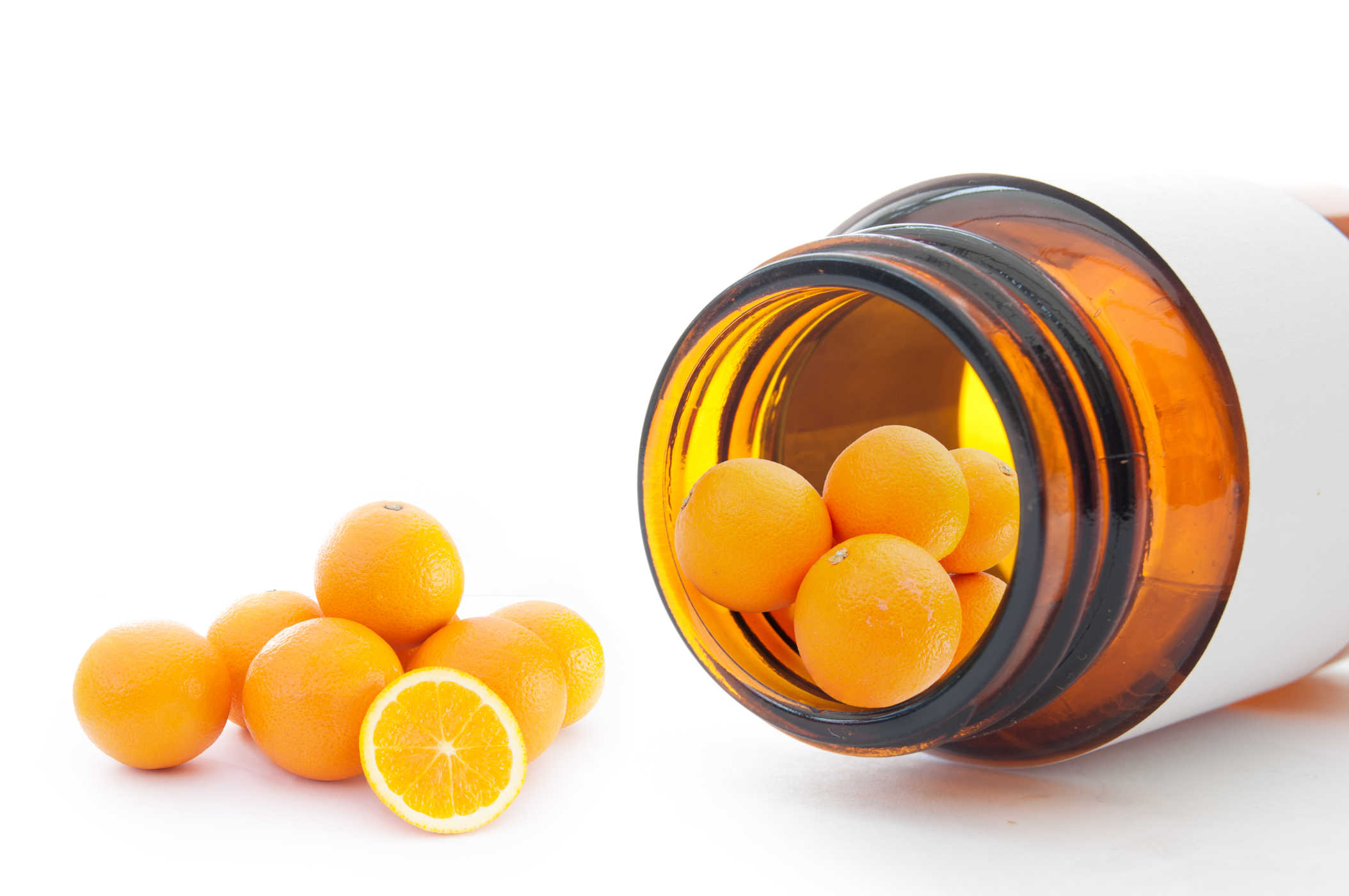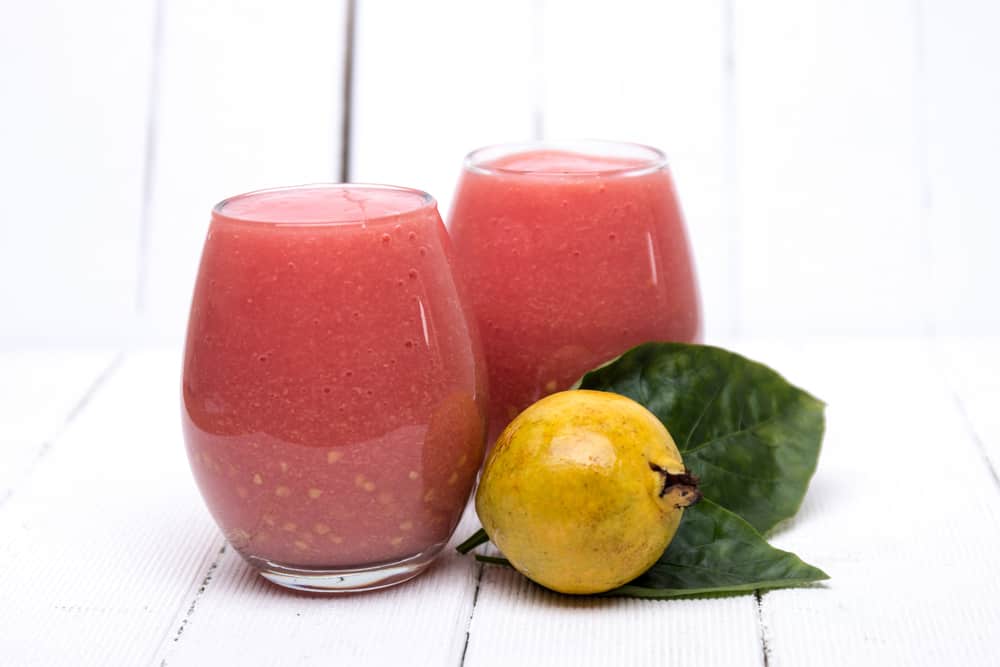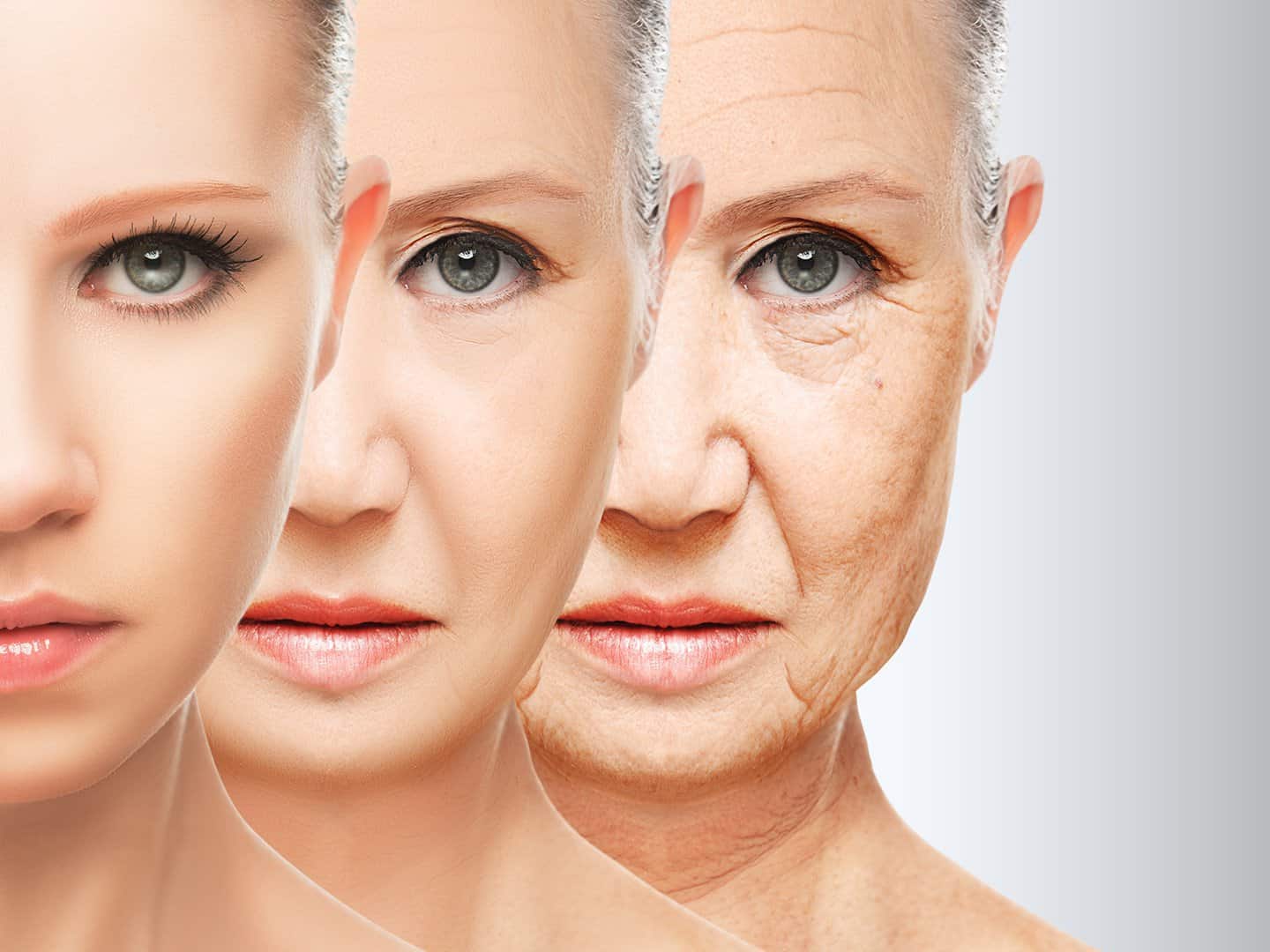Contents:
- Medical Video: How to Kick a Cold Fast | Dr. Josh Axe
- Vitamin C
- What is the best source of vitamin C?
- What about vitamin C supplements?
- Vitamin E
- What is the best source of vitamin E?
- What about vitamin E supplements?
Medical Video: How to Kick a Cold Fast | Dr. Josh Axe
Usually, before a cold or cold attacks, you can already feel the symptoms of your body. These symptoms are usually in the form of pain when swallowing, sneezing, hot eyes, or dizziness and mild fever.
Often vitamins are your mainstay to make sure these symptoms disappear and do not continue into the flu. Accompanied by healthy food and rest, this method can indeed be effective in making the flu cancel.
However, what vitamins are effective for preventing pain?
Vitamin C
Vitamin C is a water soluble vitamin, and is an antioxidant needed to maintain a healthy body. The function of vitamin C specifically is to improve bone and muscle health, play a role in the formation of collagen, and help absorb iron in the body. In addition, vitamin C is known to improve immune system function. When the body is sick, the need for vitamin C will also increase. Under normal circumstances, adult women need vitamin C 75 mg per day while men need 90 mg per day.
Some conditions that require additional vitamin C, for example, when you are stressed and when the flu. When you are stressed, the level of vitamin C in the body will decrease, because vitamin C is one of the nutrients that are sensitive to stress. In addition, vitamin C is also needed when you are not well.
Vitamin C can help you recover faster if you catch a cold. Some studies show that consumption of vitamin C can reduce the duration of flu by as much as 24 to 36 hours.
What is the best source of vitamin C?
You can find Vitamin C naturally in vegetables and fruit, for example:
- 1 medium size banana (approximately 118 grams) containing 10.3 mg of vitamin C
- 1 lemon weighing approximately 58 grams contains vitamin C of 30.7 mg
- 1 medium size kiwi fruit contains vitamin C of 64 mg
- 1 medium sized tomato (about 123 grams) containing vitamin C of 16.9 mg
- 1 serving of broccoli (approximately 148 grams) contains 132 mg of vitamin C
What about vitamin C supplements?
You can get additional vitamin C from supplements. If you want to take supplements, the recommended safe dose of vitamin C is 500 mg per day. Don't forget to pay attention to the dosage first, because vitamin C supplements usually have high doses. Consumption of vitamin C higher than 2000 mg can increase the risk of kidney stone disease, abdominal pain, and diarrhea.
Vitamin E
Vitamin E is included in one of the vitamins that contain antioxidants and can increase the immune system of the body. Research related to the effects of vitamin E was carried out by Tufts University. A total of 451 people over 65 years participated in the study, some received vitamin E supplements at a dose of 200 IU and the rest were given placebo treatment. The results of the study stated that 74% of those in the placebo group experienced at least one type of upper respiratory tract infection during the study. While in the group given vitamin E, only 64% experienced one or more infectious diseases.
Based on these studies, vitamin E turned out to have protective properties against upper respiratory tract infections. Study subjects who received vitamin E supplementation were less likely to have the flu and 20% lower risk of developing flu when compared with the placebo group.
What is the best source of vitamin E?
The need for vitamin E for adults is around 15 mg per day. You can find Vitamin E naturally in:
- Sunflower seeds: 28 grams of sunflower seeds, or more familiar to you, contain 7.4 mg of vitamin E.
- Peanut butter: 2 tablespoons of peanut butter contains approximately 2.9 mg of vitamin E.
- Almonds: 28 grams of roasted almonds contain approximately 6.8 mg of vitamin E.
- Broccoli: ½ cup boiled broccoli contains 1.2 mg of vitamin E.
- Spinach: ½ cup boiled spinach contains 1.9 mg of vitamin E. As for raw spinach, 1 cup contains 0.6 mg of vitamin E.
- Kiwi: 1 medium kiwi fruit containing 1.1 mg of vitamin E.
- Avocados: 1 medium sized avocado containing 3.11 mg of vitamin E.
What about vitamin E supplements?
Many people have been able to meet the needs of vitamin E through food alone, but if you are in special conditions and need additional vitamin E intake, supplements can be your choice. Most vitamin E supplements have doses of more than 100 IU. Although the highest tolerance limit for taking vitamin E is 1500 IU, it is recommended that you do not consume more than 400 IU per day. Excessive consumption of vitamin E can cause nausea, headaches, excessive fatigue, and bleeding.
If you are taking drugs that are blood thinning, you should consult your doctor first before deciding to take vitamin E supplements. Likewise with pregnant and lactating mothers.
READ ALSO:
- 5 Types of Vitamins That Can Slow Skin Aging
- Need to inject Vitamin C?
- Vitamins and Minerals That Can Reduce Blood Pressure Naturally












